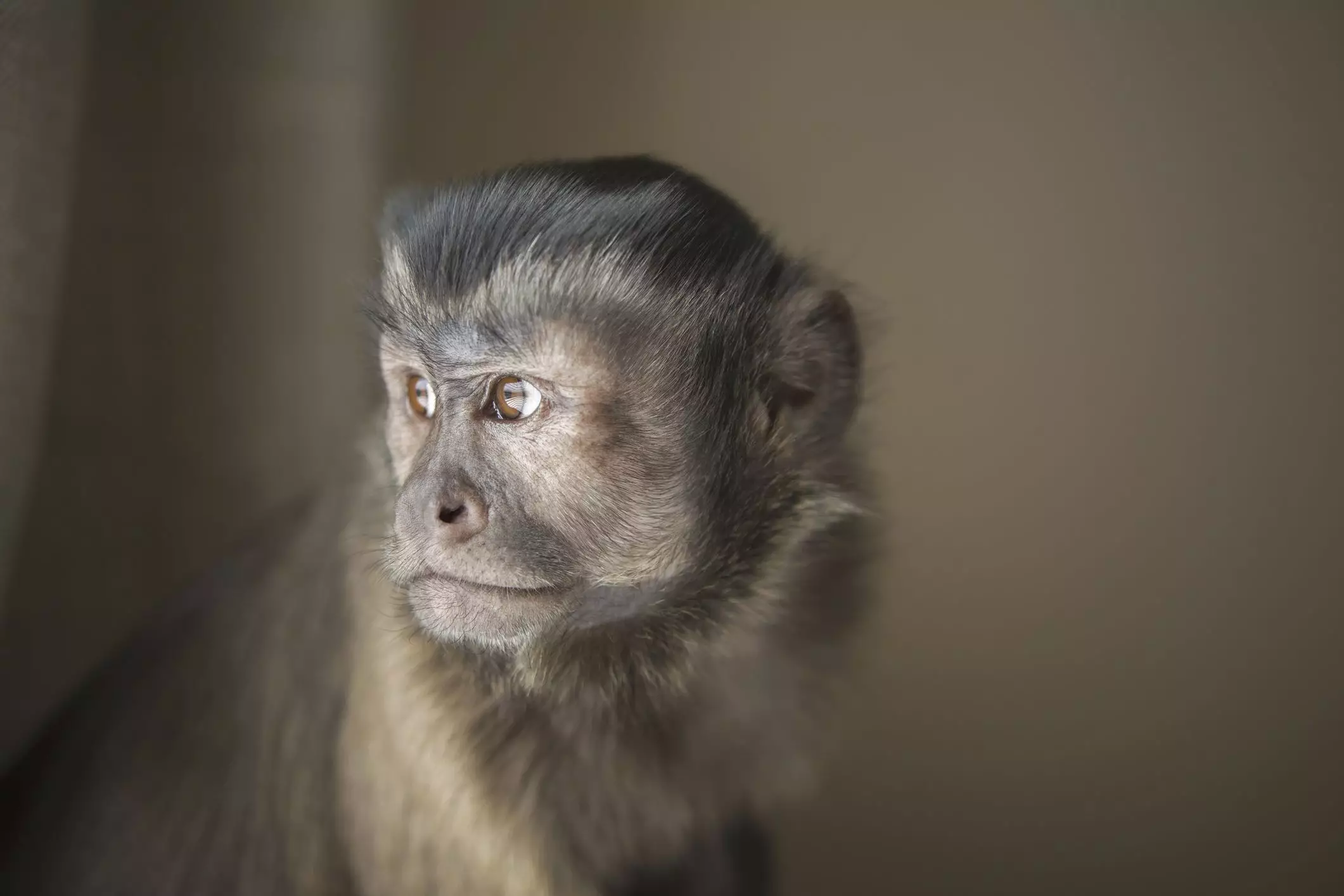Capuchin monkeys are fascinating, intelligent creatures that have captivated the hearts of many. Known for their playful and curious behavior, they are often seen as appealing pets due to their size and expressive faces. However, beneath their charm lies a complex set of needs that most pet owners are ill-equipped to fulfill. As social, dynamic animals that require mental and physical stimulation, capuchin monkeys do not typically thrive in domestic settings. This article thoroughly explores the ethical, legal, and practical dimensions of capuchin monkey ownership to argue that they should remain in their natural habitats rather than be kept as pets.
Capuchins can live for 15 to 25 years in the wild, with some reaching up to 40 years in captivity. This remarkable lifespan comes with significant implications for potential owners. Unlike typical domestic pets, primates form strong social bonds and develop complex behaviors that are inherently tied to their natural habitats. They thrive in environments that not only engage their physical abilities—such as climbing and swinging—but also provide opportunities for social interactions.
In captivity, however, capuchin monkeys often experience boredom, which can lead to destructive behaviors. Their need for engagement and exploration makes them an unsuitable choice for individuals who cannot offer them the extensive interactions they need. Monkeys require more than just physical space; they need room for mental engagement, which configurations typical in pet ownership simply do not provide.
The legality surrounding the ownership of capuchin monkeys varies significantly depending on the state, causing potential owners to navigate a maze of regulations. States such as Florida, Texas, and North Carolina allow private ownership of capuchin monkeys, while others impose strict restrictions. Furthermore, laws may frequently change, requiring a thorough and ongoing investigation into local and state regulations.
Beyond the legal landscape, ethical concerns intensify around capuchin ownership. These animals are not domesticated; they are wild creatures best suited to communities of their own kind. When taken from their mothers at a young age, capuchins experience considerable psychological stress, which can lead to detrimental effects on their wellbeing. Therefore, while it may be legal in some areas to own a capuchin monkey, the ethical implications render it doubtful whether private ownership can ever be justified.
As they mature, capuchin monkeys can become increasingly aggressive and difficult to manage. Many first-time owners find themselves overwhelmed as the adorable baby monkey they welcomed begins displaying behaviors like biting or throwing objects. These behavioral shifts often stem from boredom and unmet needs for social engagement and stimulation. Without adequate training and understanding of primate behaviors, many pet owners face challenges that endanger both the animal and the people around them.
Even with professional training, which can be hard to come by for primates, the innate nature of capuchins can lead to unpredictable behavior. The withdrawal from social environments or poorly structured home settings can exacerbate the aggressiveness often associated with these primates. Therefore, experts urge prospective owners to consider their ability to handle such a pet before making a life-altering commitment.
Capuchins are inherently wild animals that thrive in lush, expansive habitats filled with trees, shrubs, and diverse food sources. While in captivity, replicating their natural diet, which consists of fruits, insects, and nuts, becomes a daunting task. Limited space and lack of appropriate food options significantly hinder a monkey’s health. Furthermore, improper diets can result in severe ailments like diabetes or metabolic bone disease.
For ethical pet ownership, it is essential to ensure constant access to high-quality nutrition and suitable foraging opportunities. Sadly, many owners may overlook this aspect due to the complexities involved in managing a specialized diet.
As delightful as capuchin monkeys may appear to be, the realities of their care illustrate why they should remain in their natural environments rather than in private homes. The combination of challenging behavioral patterns, specific dietary requirements, social needs, and ethical dilemmas underscores the complexities of owning such a magnificent creature.
Potential owners should consider alternative ways to appreciate these monkeys, from supporting wildlife conservation initiatives to participating in responsible organizations that enable them to thrive in their natural habitats. In doing so, we can ensure the well-being of capuchin monkeys, lifting the burden of demanding care from untrained hands and allowing these remarkable animals to lead naturally fulfilling lives.

